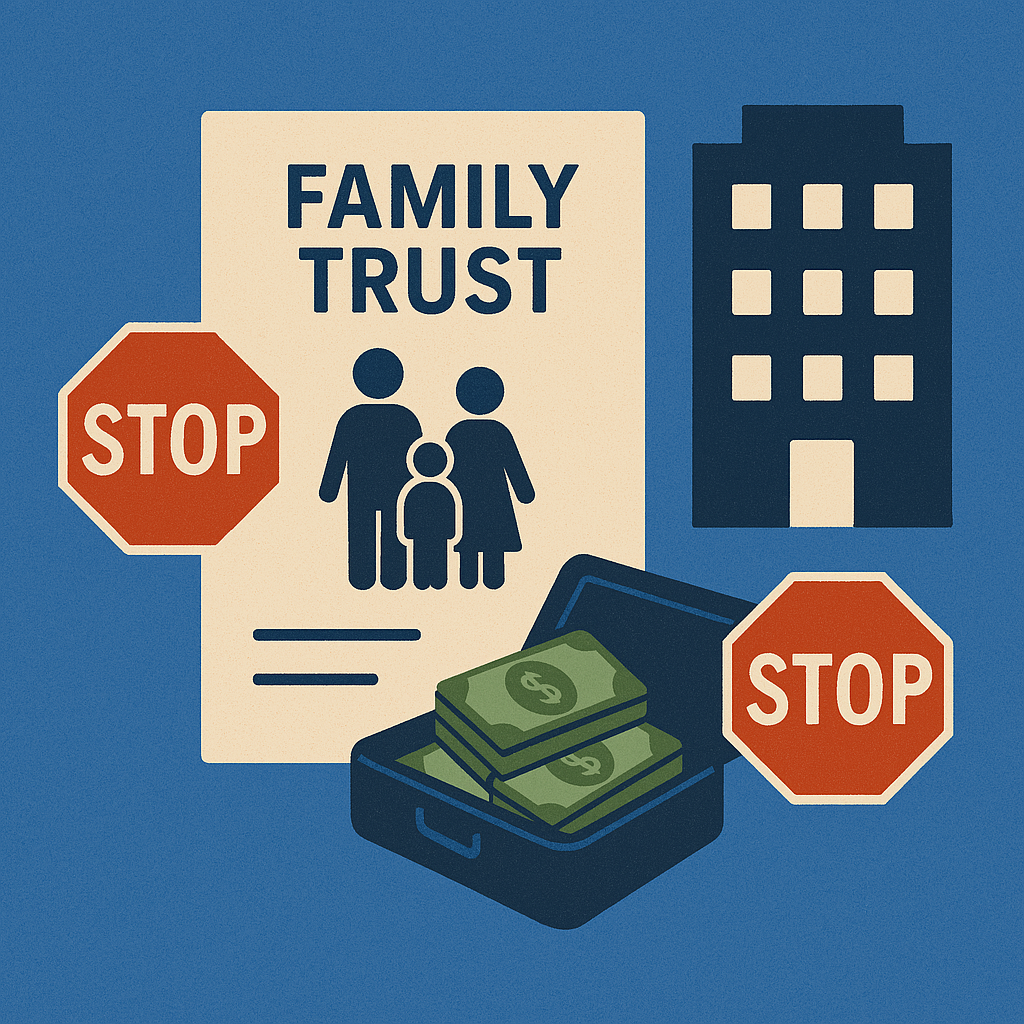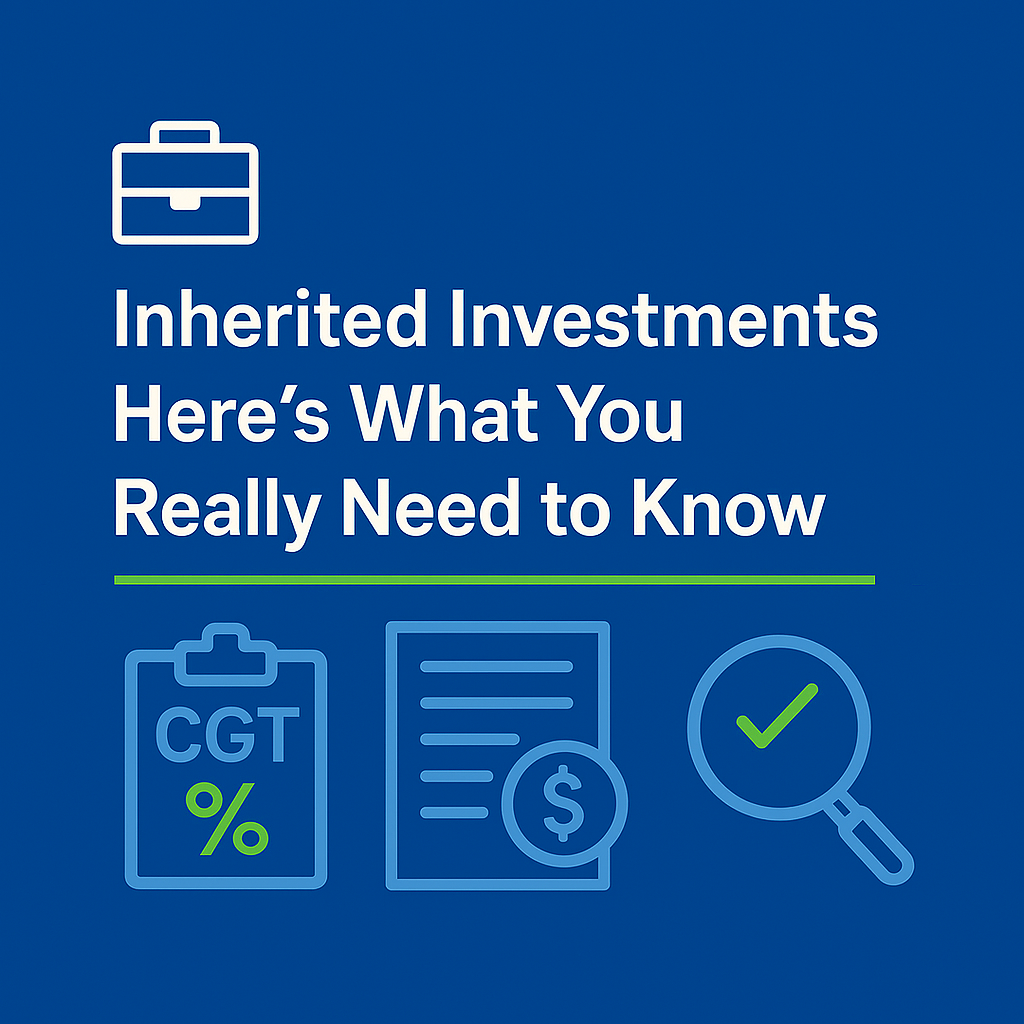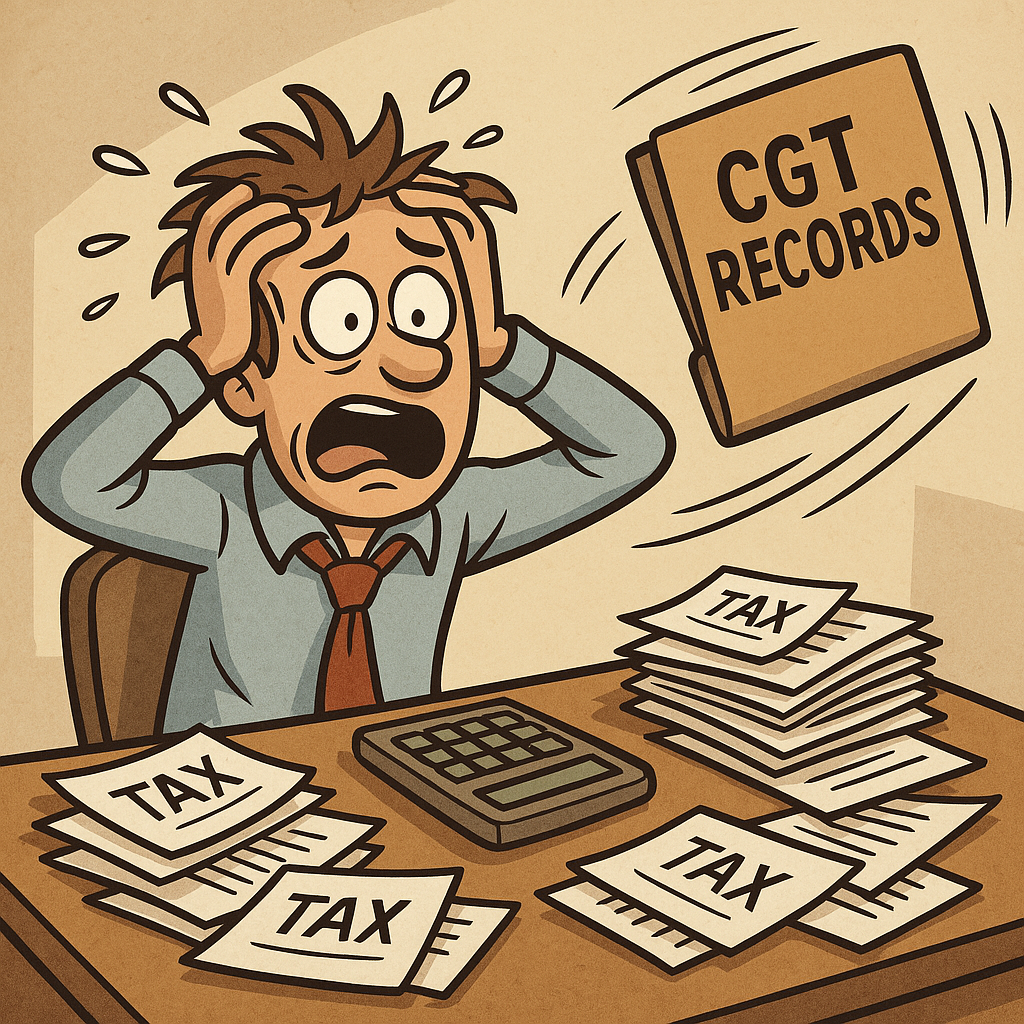Inheriting a home - and then living in it
Most people know that if you inherit a person’s home and you sell it within two years of their death, it can be exempt from capital gains tax (CGT).
However, there is another way you can get a full CGT exemption on an inherited home – and that is if a “relevant” person occupies it as their home from the time of the deceased’s death until its later sale (or other transfer or disposal, etc).
And these “eligible” persons are the deceased’s surviving spouse of the deceased, a person who is given a right to occupy it under the deceased’s will (eg, a niece or nephew or a friend) or a beneficiary who inherits the home (or an interest in it).
However, there are lots of things to bear in mind when using this rule – some good and some not so good. These include the following:
- It is not necessary to occupy the home immediately from the deceased’s death – as soon as “practicable” will do (which will depend on the circumstances) – albeit in the case of a surviving spouse, presumably this would be no problem.
- The requirement can be met if more than one of these relevant persons occupy the property as their home successively (eg, a surviving spouse, followed by a beneficiary who inherited the home).
- The exemption applies on an “interest by interest basis” – which means that if more than one beneficiary inherits the home, then only the beneficiary who occupies the home gets an exemption – and only in respect of their interest (except in rare cases). But this problem can be readily overcome in a number of ways.
- Where a person or persons are given a right to occupy the home under the will, they must be named or specified under the will; a general power given to the executor to grant such a right will not suffice – well at least that is the position the ATO takes.
- For a surviving spouse to qualify for the exemption, they cannot be “living permanently and separately apart from the deceased”. They must, in effect, be living with the deceased at the time of their death.
Finally, it may be even possible to use another CGT concession – namely, the “building concession” - to preserve the CGT exempt status of the home where renovations are undertaken or intended to be undertaken on the home’s acquisition.
And this may mean it may not have to occupied by a relevant person (or sold within two years of the deceased’s death) to get the CGT exemption.
However, if this concession can be used in this case, it comes with one big drawback – no other home can be taken to be your CGT main residence for the period that this building concession is used.
As always, come and seek our advice if you inherit a home and wish to occupy the home – or even beforehand for some appropriate planning.











